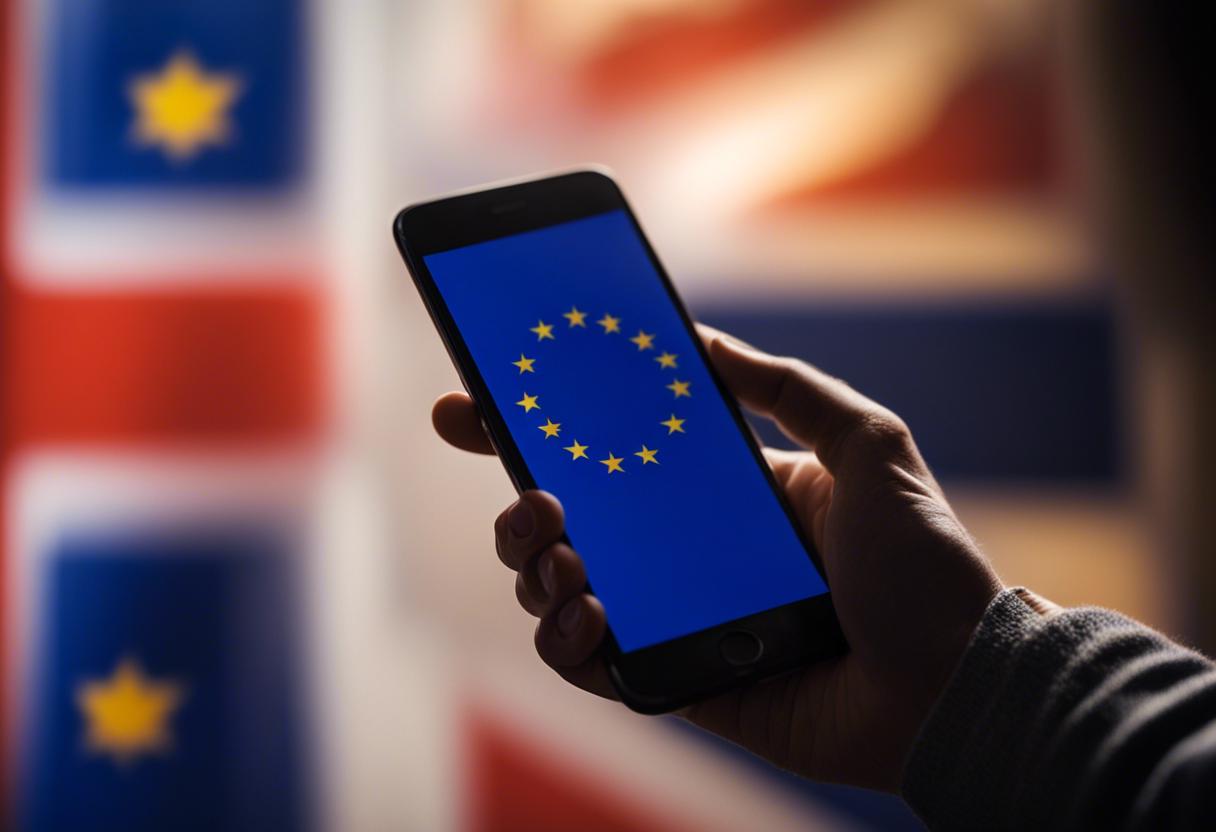Apple has agreed to European Union (EU) mandates, assuring competitors can utilise its contactless payment tech. This agreement prevents Apple from an impending significant penalty following a lengthy anti-trust investigation. Based on the decision on Thursday, Apple will open its ‘tap-and-go’ or near-field communication (NFC) technology to developers, enabling the utilisation of Apple Wallet and Apple Pay for secure, convenient payments.
Consequently, Apple dodges a potential $40bn penalty from Brussels and a formal charge of violating EU law. This resolution momentarily ends discord between Apple and the EU, though anti-trust allegations from European regulators have been numerous.
The executive overseeing EU competition regulations, Margrethe Vestager, commented that this agreement legally bounds Apple’s commitments and revitalises competition across this vital area. Apple will no longer be able to alienate other mobile wallet systems from their iPhone’s ecosystem.
This decision will favour Apple’s competitors, offering them a fair opportunity to contend with Apple Pay for in-store mobile transactions. Vestager further noted that this would give customers greater choice amidst secure, novel mobile wallets.
Apple Pay, which is used on hundreds of millions of iPhones, concludes this enduring examination as EU and US regulators increasingly focus on the company’s business behaviours. Apple was alleged by the EU of prioritising its payment system by hindering rivals from accessing its technology, following a two-year investigation in 2022.
Several measures Apple has been offering since January have been under validation. These include allowing developers unrestricted access to its NFC tech on iOS gadgets, nullifying the prerequisite for Apple Wallet or Apple Pay. This impending settlement was flagged by The Financial Times only last month.
Apple may have confronted penalties including a fine equivalent to 10% of its international annual turnover for anti-competitive behaviour, according to EU rules. This could have resulted in a staggering $40bn fine, considering Apple’s 2023 revenue of $383bn. However, these penalties are often lessened on appeal, and the maximum penalty is seldom imposed.
Recently, Apple was the first firm to be charged under the EU’s Digital Markets Act. This stringent law aims to bolster consumer variety and diversify digital markets across Europe.
Apple was recently penalised with a record-high fee of €1.8bn due to an alleged violation of competitive rules pertaining to music streaming services. In response to this, Apple has lodged a legal case against the EU and has challenged the imposed fine. ©The Financial Times Limited, 2024.

